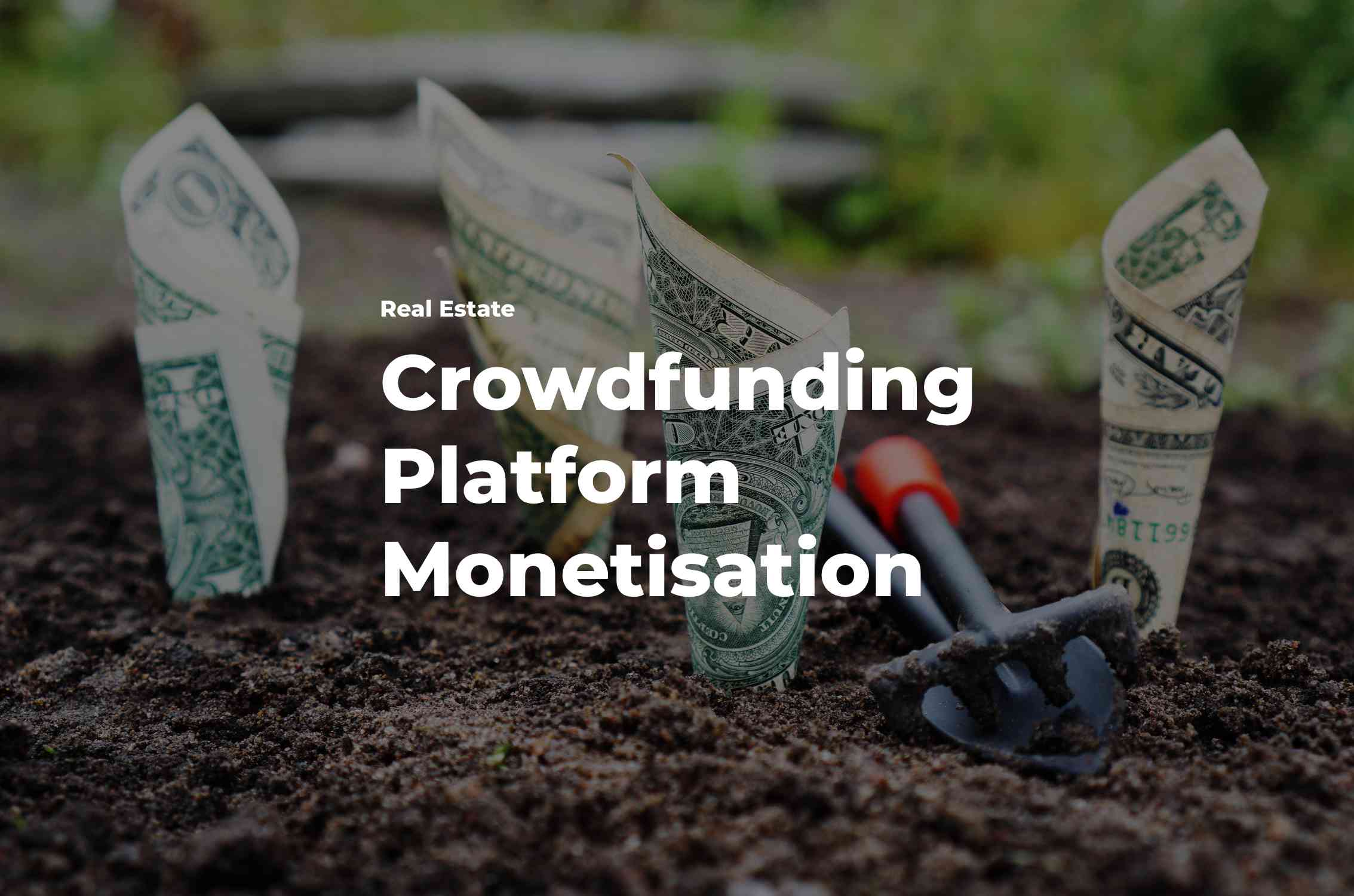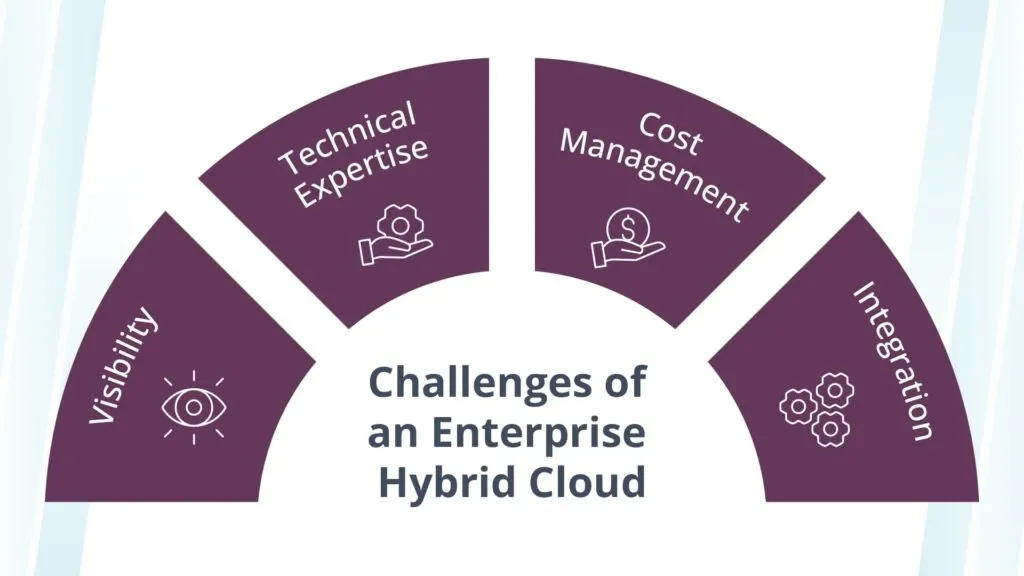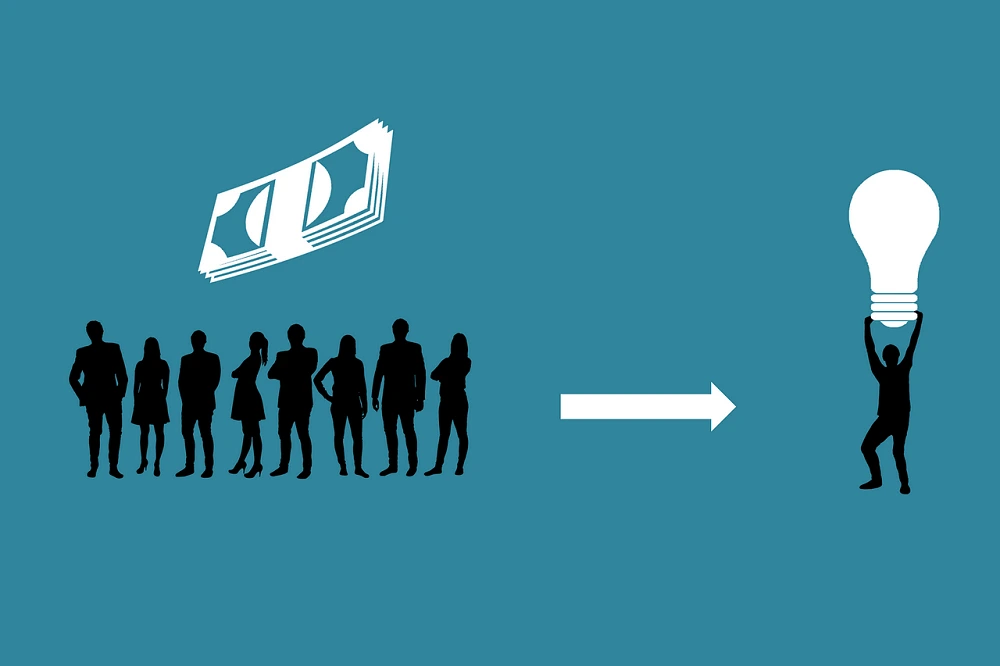Real estate crowdfunding platforms are websites where investors combine their money to participate in individual real estate projects or private real estate funds, sometimes known as eREITs. How to withdraw from a real estate crowdfunding site is an important concern for investors. These investments involve lengthy lock-up periods ranging from months to years, lack secondary markets, and have greater costs and withdrawal penalties than stock trading. Adding to the uncertainty, each real estate crowdfunding site has its own set of withdrawal options. This post will discuss the many options to exit your crowdfunding investment, as well as the potential traps to avoid.
How to Withdraw from a Real Estate Crowdfunding Platform?
The finest real estate crowdfunding platforms are honest and clearly explain how investors get their returns. The simplest and most cost-effective approach to exit a crowdsourcing investment is after the specific deal or fund has ended. At that moment, usually after many years, investors get their original investment plus any financial gains. Deals don't always go as planned, and you may wind up with less than your original investment. The finest real estate crowdfunding sites provide early exits from investing and clear instructions for withdrawing your funds. Exiting early from a real estate crowdfunding platform is rarely guaranteed and frequently incurs additional costs and penalties.
Review Your Platform's Withdrawal Options.

Unlike investing in stocks, bonds, and ETFs, where you may trade and sell your asset in minutes, real estate crowdfunding investment profits are not immediately accessible. Each platform offers various lock-up and withdrawal alternatives. Because crowdfunding real estate investments are intended for long-term investors, consider the withdrawal possibilities before committing your funds.
Projects under the same platform may also have unique withdrawal alternatives. Fundrise, our top Crowdfunding Platform, offers quarterly dividends, although they are not guaranteed. Early withdrawals may result in fines. Other sites impose capital lock-ups of many months to years and do not allow for early withdrawals. When investigating a real estate crowdfunding investment, be sure to look into lock-ups, fines, and withdrawal criteria.
Read also:
- The Great Exodus From Hedge Funds
- Explaining Carried Interest: Who It Helps and How It Operates
- Funding in Series A, B, and C: What Is It?
- How to Make Funds for Your Start-Up Business Idea
- 5 Basis for Strategic Partnerships in Your Company
Contact The Platform Or Sponsors.
Private real estate crowdfunding withdrawals may be difficult, and investors may need to contact customer care for assistance. Although investing online is prevalent, you may prefer to speak with a real agent when it is time to pay out. In our evaluation of 19 real estate crowdfunding sites, five did not provide live phone support. whether phone access is crucial to you, check to see whether your selected site allows for simple phone contact before investing.
When planning to withdraw from your crowdfunding investment site, there are a few steps you may do to be proactive.
- Many websites provide diverse deals with various distribution possibilities. To learn about withdrawal possibilities, see the paperwork for your specific investment product. Understand any paperwork required by the firm.
- For information about withdrawal policies, see the Help vertical and the Frequently Asked Questions section.
Consider the investment loss.
Real estate crowdfunding investments, unlike savings accounts, may provide substantial profits but may also result in losses. Losses include early withdrawal penalties and ventures that do not fulfill expectations and are sold at a loss. The returns you get may be less than your original investment. For example, suppose you invest $1,000 and the results do not match expectations, resulting in a dividend of just $800. This is a 20 percent loss.
Evaluate The Tax Implications.
Real estate crowdfunding tax effects vary depending on how the asset is held, the sort of income earned, and the duration of your holding term. To understand the tax consequences of investing in a certain platform, consult the Help Center or FAQ and inquire about the sorts of tax paperwork you will get. The most frequent crowdfunding tax records are K-1, 1099-INT, or 1099-DIV. When you sell the investment, you may realize a capital gain or loss, which must be reported on your tax return.
Crowdfunding assets held inside an IRA will avoid taxes on profits but will forfeit tax advantages on losses.
Complete The Withdrawal Process.
The full withdrawal procedure may take a week or more, depending on the kind of withdrawal, such as account liquidation at the conclusion of the agreement or early withdrawals. Each platform has its own withdrawal possibilities. Throughout the process, discuss the withdrawal procedure with a platform representative to ensure that you follow the withdrawal guidelines. Prepare the necessary documents correctly and on schedule. Make careful to contact a tax advisor to understand the tax implications of the withdrawal. Understand that market circumstances at the time of withdrawal may have an influence on your returns, and that asset prices fluctuate, as they do with any investment.
Read also: TEXAS'S TOP 10 ANGEL INVESTORS IN HOUSTON
What Are The Exit Strategies For Real Estate Crowdfunding Investments.
The platform's standards determine crowdfunding exit options. Groundfloor offers early redemption and lock-up options for durations ranging from brief to many years. The following are some instances of possible escape methods.
- When a property meets its aims and is sold, investors earn a percentage of the revenues. This usually happens after one or more years of owning the property. You may get dividends from the asset before it is sold.
- Some crowdfunding platforms provide a secondary market for investors to purchase and sell existing shares before the property is sold. The secondary market cannot typically be assured, and investors should not invest with the expectation of leaving the investment early.
- Some firms, like Fundrise, allow for early withdrawals. Redemptions are not usually guaranteed and may incur early withdrawal penalties or fees.
Hold To Generate Passive Income.
A frequently asked question is, "How do you get paid from crowdfunding?" Real estate crowdfunding investments create passive income, similar to investing in public financial markets. Once you purchase the investment, you will get a number of passive income streams. Dividends from rental payments from crowdfunded equity investments or interest payments from debt assets provide consistent cash flow. When a property is sold, usually after many years, you may recover your original investment plus capital appreciation.
Refinance
When mortgage interest rates fall or a crowdfunded property improves, the loan may be refinanced at a cheaper rate. This minimizes the borrower's interest cost. As an investor in the project, this will result in correspondingly reduced expenses and higher earnings. Increased property earnings, rentals, and capital appreciation eventually benefit the investor by providing better cash flow and a bigger dividend when the property is sold.
Read also: Global Marketing: The Complete Guide on Global Trips
Sale of property
Many crowdfunding initiatives purchase homes that need upgrades and improvements, which increase the real estate's worth. Real estate investments may increase in value over time as a result of normal economic circumstances, increased investor demand, decreasing vacancy rates, and other causes. After repairs and renovations are completed, vacancy rates are lowered, and the lock-up period has passed, you are likely to benefit when the property is sold. As a fractional owner, you will enjoy a percentage of the property's capital appreciation in addition to your original investment.
Secondary Market
The main market means that you are purchasing an asset from the original issuer. For example, you may purchase a stock during an IPO and subsequently sell it in the secondary market on a stock exchange. In crowdfunding, the main market purchases shares of a crowdfunded real estate transaction at the original offer. If a secondary market exists, you might purchase or sell shares in a crowdfunded venture from an existing investor at market value.
Buyout Offers
A buyout is a financial transaction in which one party acquires all or the majority of the shares of a business or specialized initiative. A buyout offer makes a proposal to the owner, outlining the price and conditions of the transaction. A buyout offer may occur when the purchaser feels the asset is undervalued or that the buyer may increase earnings in the future.
Real estate crowdfunded buyouts are uncommon. An investor may discover that the whole crowdfunding platform is offered with a takeover offer from another firm. Another buyout offer scenario might arise when a buyer makes an offer on a certain real estate project. If these conditions materialize, you must review the buyout agreements, weigh the merits and downsides, and determine if accepting the offer makes economic sense for you.
Also read: Describe the first public offering (IPO).










